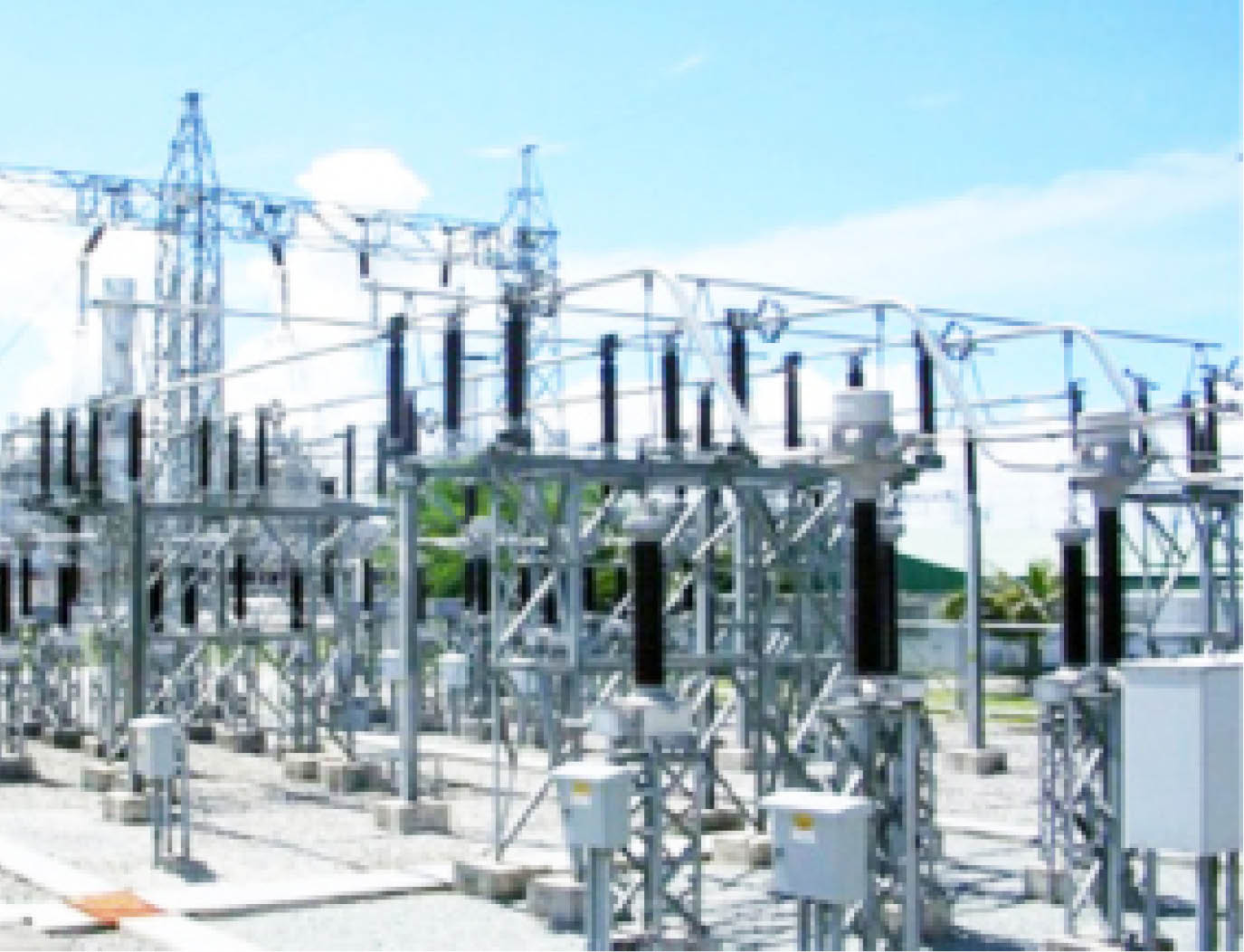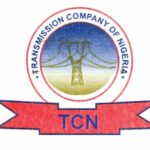When common Nigerians are faced with epileptic power supply, their first grumble is on DisCos and the Minister of Power. They don’t bother where the problem is coming from, because DisCos and the Minister of Power are the two ‘entities’ that the common man relies on for electricity matters. DisCos charge them for electricity bills, while they view the minister as the overall head of power sector in Nigeria- which is true. This is the dilemma every Nigerian minister of power and DisCos are faced with.
DisCos often blame poor supply from the transmission end. The Transmission Company of Nigeria (TCN) says the poor power supply experienced nationwide is due to low power generation by the generation companies (GenCos). Some of the problems are – technical hitch in Egbin plant and poor gas supply etc.
- Executive Order 5 will relieve Nigeria of socio-economic challenges – FG
- NIGERIA DAILY: Why Nigeria Is Moving Backwards
We must admit that the transmission sector has witnessed tremendous progress – Nigeria witnessed only 4 grid collapses in 2020 as against the 42 in 2010.
A total system collapse means a total blackout throughout the country- this is one of the biggest challenges Minister for Power, Engr Abubakar D. Aliyu, has to get an alternative to – because once the country witnesses a total grid collapse, Nigerians will easily forget the progress made in many years- thus, for example, a 24-hour failure will erase a one-year success.
What should the minister and his team do to bring a shorter-term solution once the country witnesses a total system collapse? The answer – we need a reductionist approach. Our electricity sector operates on a holistic system – for example, once the Egbin Thermal Power Station in Ijede/ Egbin, in Ikorodu, Lagos witnessed a technical problem, a consumer in Jimeta, Adamawa State, will feel the impact, thus blaming his DisCo and the Minister of Power
The best solution to tackle this issue is Neighborhood Solar Power and Wind-power model. Each neighborhood in Nigeria that is connected to the national grid has an electricity-transformer site. Technicians and experts in the Ministry of Power, the Rural Electrification Agency (REA), and DisCos in collaboration with other private firms should look into a model to build solar panel farms and mini wind turbines at these transformer sites or near it at each community to connect the neighborhoods with alternative power – this will allow members of a community to share the benefits of solar energy when the national grid collapses even if they lack solar panels on their properties. This system is being operated globally; Nigeria should benchmark it.
Lightweight, flexible wind turbines and small solar panel farms within the neighborhood, can be used to power communities when the national grid collapse without the people feeling any impact – thus the Minister of Power and DisCos will be free from public criticisms, while GenCos will have ample time to rectify any technical glitch.
Though community solar panel farms and community wind turbines are basically for the population in rural areas without access to the national grid, Nigeria’s electricity system should be a combination of a ‘hybrid power system’- national grid, mini solar, and mini wind turbines at communities. A kind of decentralised electricity-supply system which alternates between the national grid and renewable energy. This can be one of the best technical options available for Nigeria.
We must admit that these two alternatives – neighborhood solar and wind turbines are not new to the government. Some reports say there are 10 large-scale Solar Power Plants in Mega Watt in some locations in Nigeria. Nigeria has not put much interest in such a project, because of the country’s capacity to generate enough power from its plants. However, transmission and distribution bottlenecks should be a big reason for the government to seriously look into utility-scale solar and mini wind turbine power generation in neighborhoods to serve as an option when the country is faced with its total or partial national grid failure, as the country is witnessing now.
Zayyad I. Muhammad wrote from Abuja, via [email protected]

 Join Daily Trust WhatsApp Community For Quick Access To News and Happenings Around You.
Join Daily Trust WhatsApp Community For Quick Access To News and Happenings Around You.


